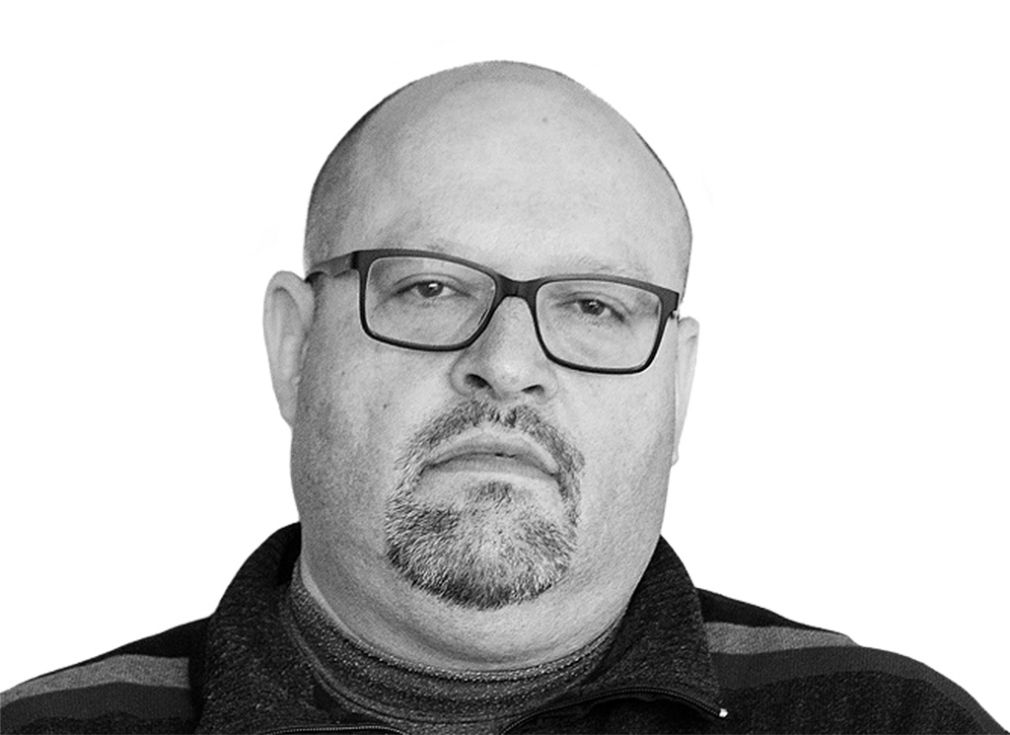By: Dr. Matevž Tomšič
A report by an independent commission of inquiry into the murder of Maltese journalist Daphne Caruana Galizia was recently published. Recall, she was killed in 2017 in a car bomb explosion near her home. Soon, indications emerged that people closely associated with the socialist government then led by Joseph Muscat were involved in the assassination. Now, however, this report unequivocally states that the Maltese government is (co)responsible for the death of a journalist investigating corruption cases involving senior government officials, as it did not adequately protect her from the impending danger.
It will be interesting to see whether these findings will provoke any reactions from European political structures. They point to a very worrying situation in this island Mediterranean country – both in terms of media freedom and the rule of law. And the institutions of the European Union (quite rightly) point out these two areas as particularly sensitive and important for the functioning of democracy. And the political group of European Socialists, to which the Maltese ruling party also belongs, likes to ‘point the finger’ at alleged violations that are taking place in some European countries – of course at those where the right is in power. And, as a rule, they are also attracted to those responsible in the European institutions. How will the president of the Social Democrats and the MEP Tanja Fajon, for example, react now, when the indecencies of her political companions are revealed?
For several years now, Poland and Hungary have been ‘on the pillar of shame’, claiming that the authorities there administer justice, place their people in all key positions in public institutions, allow state affairs to their supporters – and of course restrict media freedom. Since the government of Prime Minister Janez Janša took office last year, Slovenia has also been tried to join this group, with Janša’s domestic political opponents playing a major role. Although the fact is that in none of the ‘incriminated’ countries has a journalist been murdered. Nor has there been any serious physical assault by people associated with the current authorities. In Slovenia, as a rule, such attacks are carried out by opponents of the Janša government. Meanwhile, various left wing journalists and opinion leaders, who are constantly explaining around how endangered they are, fail to convincingly prove what specifically ‘terrible’ happened to them. The most they can show are the various insulting records of the ruling politicians and their supporters. However, this is by no means the worst thing that can happen to a person. Such ‘attacks’ are sometimes experienced by almost everyone who speaks in public with their views.
Will Timmermans and in ’t Veld address the serious situation in their country?
However, attacks on journalists and other media creators are also happening in Western Europe, in the so-called ‘core’ members of the European Union. Thus, a well-known investigative journalist Peter de Vries, who, like Caruano Galizio, dealt with crime and corruption, was recently assassinated in the Netherlands. And the real irony is that this happened in a country whose politicians are very fond of drawing attention to the problematic situation in the media field in other countries. What do European Commission Vice-President Frans Timmermans or MEP Sophie and ‘t Veld say about this? Will the latter dedicate any of the sessions of her commission for the rule of law to the situation in her own country (similarly, like when she dealt with the situation in the field of media in Slovenia)?
It is obvious that in countries where ‘progressive’ political forces are in power; journalists are no safer than in ‘retrogressive’ Central Europe. It would be appropriate to use the same ‘watts’ to assess the situation in different areas, especially where there are serious problems or even threats to democratic order.
Dr Matevž Tomšič is a sociologist, professor at the Faculty of Applied Social Studies and president of the Association of Journalists and Publicists.
